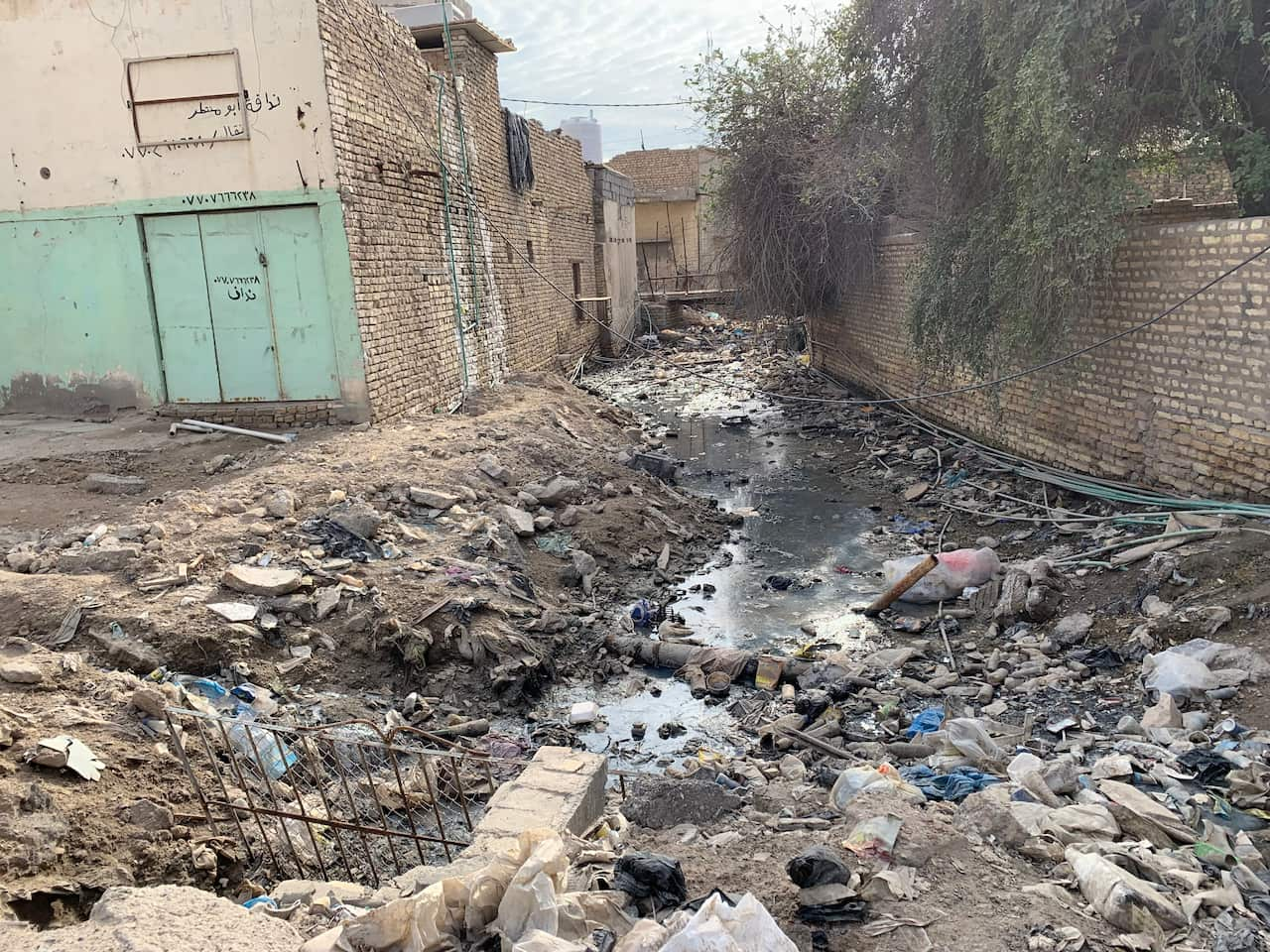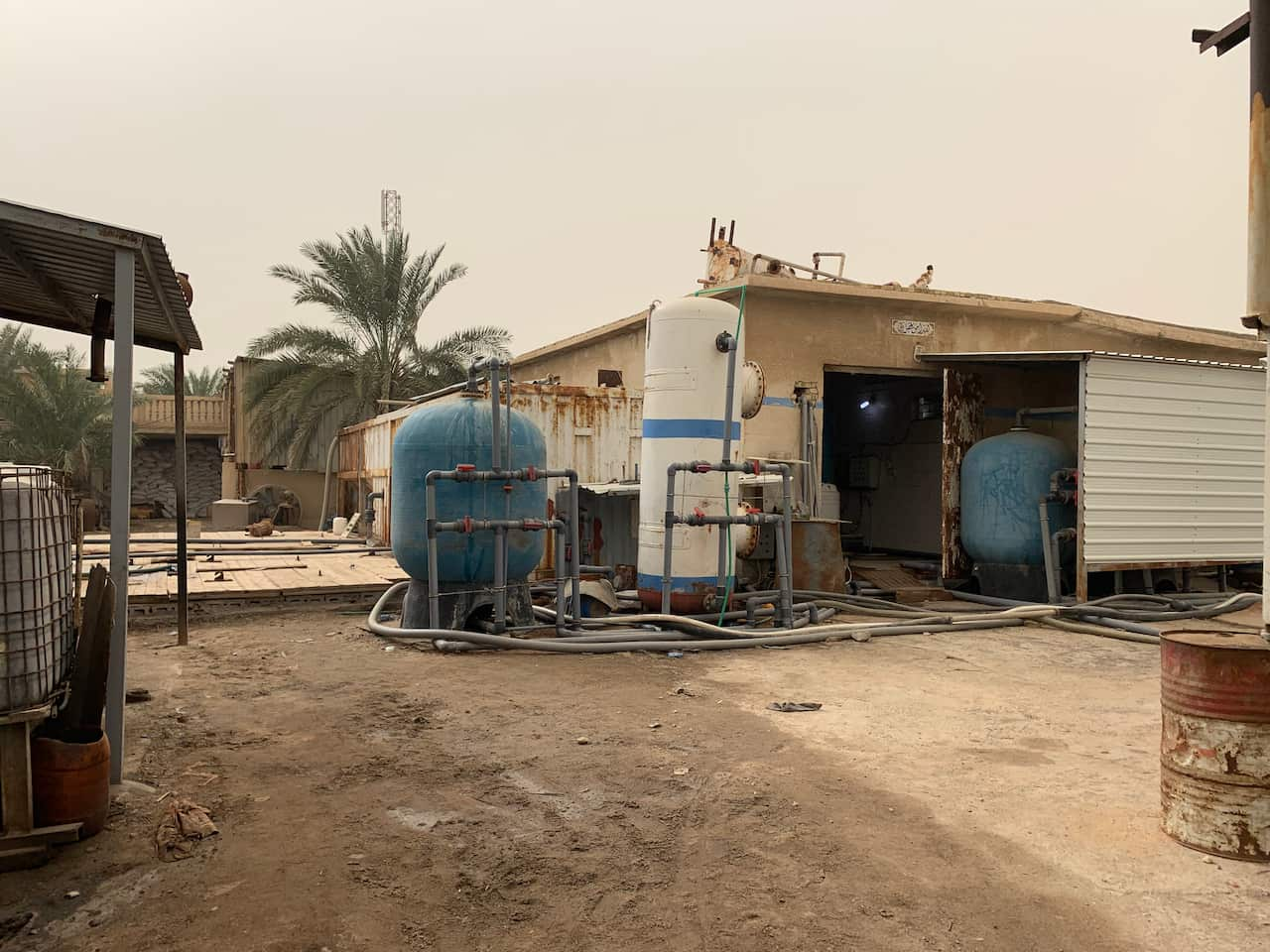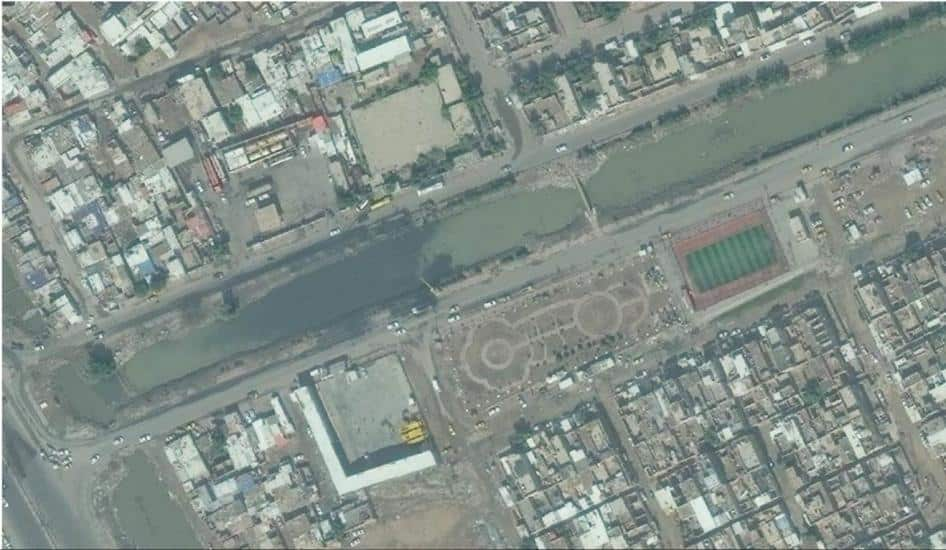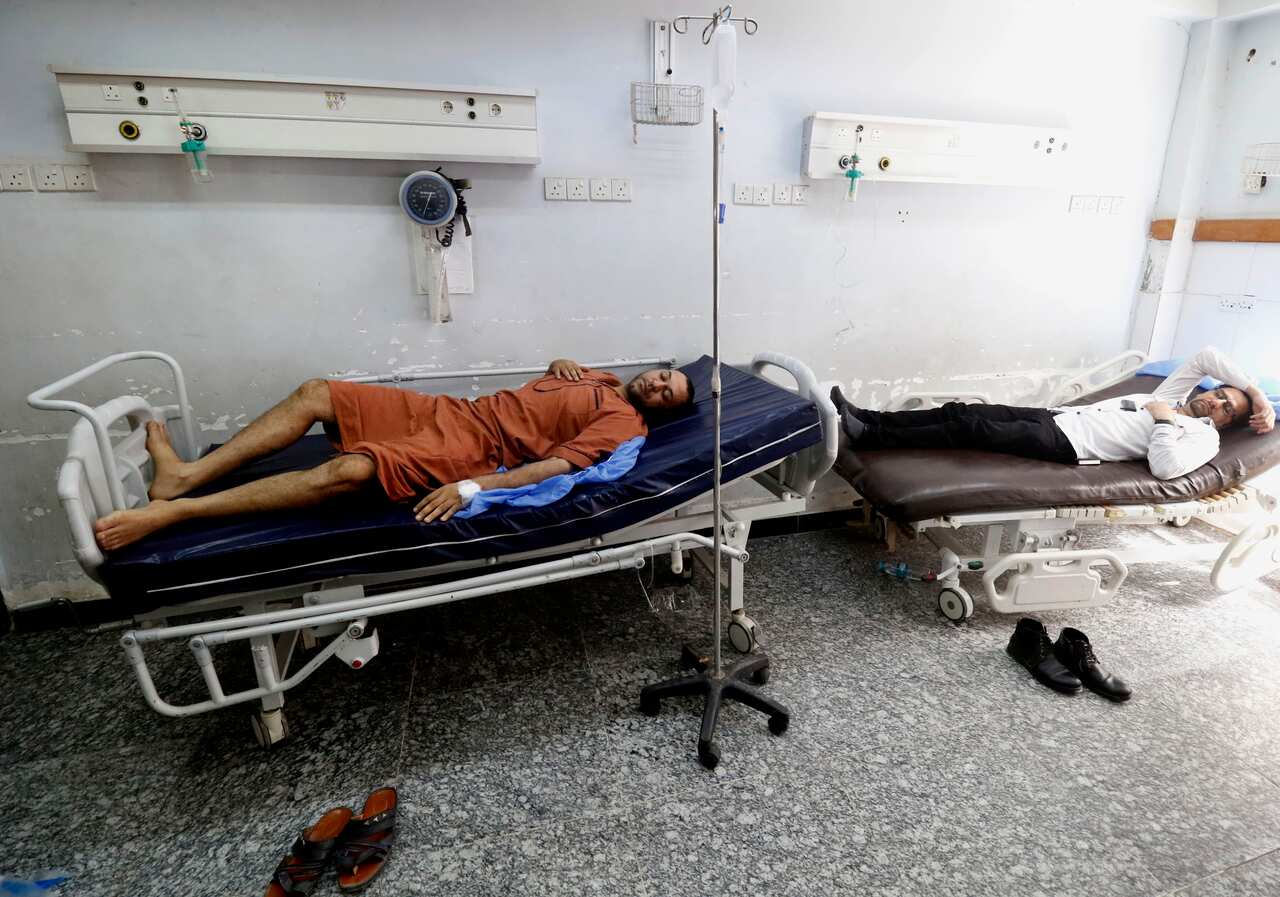The water crisis that hospitalised 118,000 people and killed thousands of farm animals in the Iraqi city of Basra last year is “almost certain to get worse” with Human Rights Watch (HRW) revealing the war torn country’s second biggest city is yet to resolve the issues that led it to a major water-borne disease outbreak.
Basra, situated in the east of Iraq, is supplied water from the Shatt al-Arab river that runs through the city, and its freshwater canals.
The clean water crisis began when upstream damming in neighbouring Iran limited freshwater flows, leading to sea water intrusion into the river.
The dropping water levels from low rainfall and high temperatures also fed pollution from the canals into the water system.
Satellite images taken by HRW also discovered two likely oil spills in the river last year.

The clean water emergency reached a high point in 2018, when 118,000 people were hospitalised with illnesses related to poor water quality between August and November according to the Ministry of Health.
Thousands of citizens in Basra poured into local hospitals suffering from: “rashes, abdominal pain, vomiting, and diarrhoea, overwhelming their staff and available stocks of medicine.”
Less than one year on, a new report from HRW, “Basra is Thirsty: Iraq’s Failure to Manage the Water Crisis,” found the local and federal authorities have done little to address the cause of the problem, which is likely to lead to future water-borne disease outbreaks and continued economic hardship.
Water treatment plants in the city have been found to be unable to resolve the issue of contamination, while strict controls on chlorine due to fears it could be weaponised have also limited access to clean water.
Residents have since had to rely on purchasing water from private reverse osmosis plants – with the high costs making poorer inhabitants vulnerable to unsafe water.

A lack of regulation from local and national authorities has further compounded the issue, by also failing to ensure the reverse osmosis filtering plants and water truckers abide by health stands for safe water treatment.
An employee at one of the local hospitals in Basra told Human Rights Watch last year patients were discharged within six hours of arrival.
“We had 500 to 700 patients coming in every day at the height of the crisis,” they said.
“We had no time to properly examine or diagnose them. All we could do is give them injections of medication to reduce their stomach pain, put them on saline solution to deal with the dehydration, and give them medication to reduce their nausea.”
As it stands, Iraq has no health advisory system to inform residents if drinking water is contaminated or harmful.
As well as health issues for the city’s residents, farmers have suffered due to poor water quality.

“In 2018, the salinity level in the water was so high that I could grab the salt from the water with my own hands,” Jaafar Sabah, a farmer from Abu al-Khasib, a poor town to the southeast of Basra, told Human Rights Watch. “I am dying of thirst and so are my children. There were four cases of poisoning in my family. I have no money and I cannot take them to the hospital. Where do I get the money from?”
Another farmer, Mehdi Abd al-Sayad Hamza, told HRW he used river water to maintain his land and livestock. Within a month of the 2018 crisis he had lost all of his plants, 14 chickens, 20 sheep and all his fish died, which had started bleeding out from their eyes.

Acting Middle East director at Human Rights Watch Lama Fakih says Basra cannot rely on rainfall to solve its persistent water crisis.
“Basra will continue to face acute water shortages and pollution crises in the coming years, with serious consequences, if the government doesn’t invest now in targeted, long-term, and badly needed improvements,” she said.
“Access to safe drinking water is not only essential to our survival, but it is a fundamental right for everyone.
“While solving Basra’s water crisis will take serious planning, time, and money, it is possible to address so long as authorities take their responsibilities seriously. The alternative is deadly.”
Dateline is an award-winning Australian, international documentary series airing for over 40 years. Each week Dateline scours the globe to bring you a world of daring stories. Read more about Dateline
Have a story or comment? Contact Us

